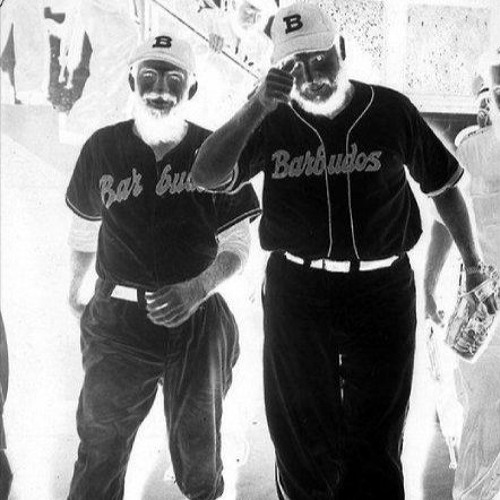

Further, this article argues that the failure of the colonies to trade within the world market is not itself sufficient to argue that another mode of production, non-capitalist or pre-capitalist, was in place.


The colonies were not pre-capitalist because they were largely a gaol and penal state, as some have argued, but were capitalist because that goal served an important social purposefor British capitalism. That is, the colonies were, during the first few decades after 1788, part of the British capitalist mode of production. This article argues that, despite the early Australian colonies encompassing the extensive use of unfree convict labour and a virtual absence of wage-labour, the ‘English relations of production’ (definitively capitalist relations) were present from the start.

A question that emerges from the story of Swan River, and from the early years of the other Australian colonies further east, is whether a land lacking virtually any ‘doubly free’ labour should be considered part of the capitalist mode of production. It was ultimately through the introduction of unfree labour to Swan River in 1850 that capitalist social relations were able to advance, and almost 10,000 convicts were relocated to the location by 1868, when transportation ceased. Unable to generate capital and extract surplus labour, by the early 1840s colonists were petitioning for the first ‘free’ colony of Australia to introduce convict transportation2. In the years that followed the colony’s establishment in 1829, it approached collapse. Despite Thomas Peel’s foresight to bring ‘means of subsistence and production to the amount of £50,000’, along with 300 working class persons, he failed to arrange for ‘the export of English relations of production’ to the isolated district (ibid.)1. Wakefield’s insights into the colony in the Swan River district in Western Australia and pokes fun at the ‘unhappy Mr Peel’ (1976: 933). "In the final chapter of Capital: Volume 1, Karl Marx discusses E.G.


 0 kommentar(er)
0 kommentar(er)
